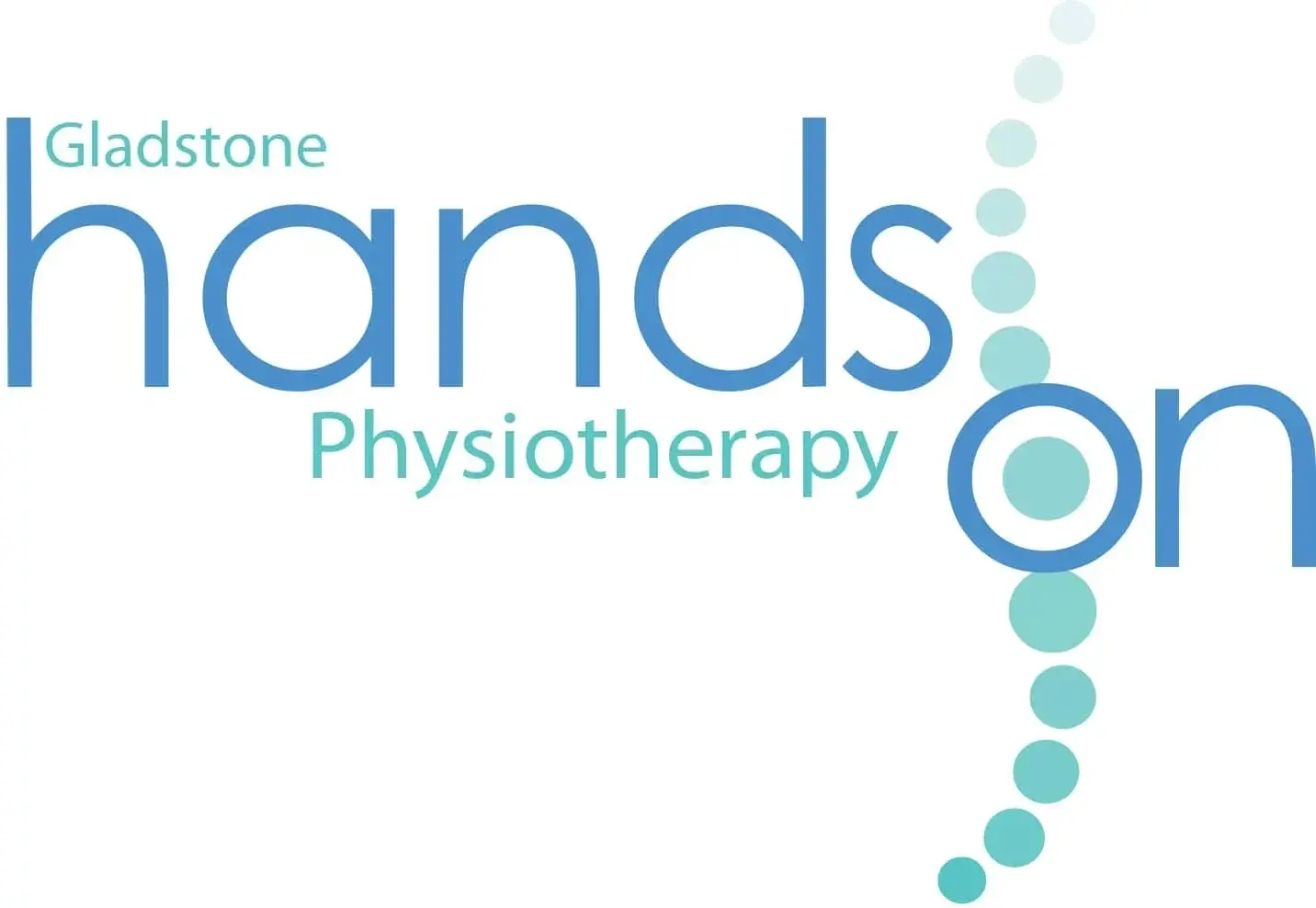A women’s Health Physiotherapist can help with pelvic floor muscle dysfunction. Pelvic floor muscles are the muscles at the bottom of your pelvis that help support your bladder, uterus and bowel and play a key role in controlling bladder and bowel movements, supporting the uterus during pregnancy and supporting or preventing pelvic organ prolapse.
The pelvic floor is a group of muscles and connective tissue that stretches from the pubic bone to the tailbone, support the organs in the pelvis and play a role in several bodily functions:
- Support: The pelvic floor supports the bladder, bowel, and uterus, and helps prevent prolapse and incontinence.
- Flexibility: The pelvic floor muscles allow for bodily functions like urination, defecation, and sexual activity.
- Absorbs pressure: The pelvic floor muscles, along with other core muscles, help the body absorb pressure from coughing, lifting, and other activities. This protects the spine and organs.
- Control: The pelvic floor muscles help control bladder and bowel function.
- Range of motion: A healthy pelvic floor can contract, squeeze, lift, and relax, just like other muscles.
Pelvic floor muscles can weaken due to factors like:
- Pregnancy
- Childbirth
- Obesity
- chronic constipation
- cancer treatment
- heavy lifting.
Strengthening these muscles can result in improved bladder and bowel control, Reduced risk of incontinence, enhancing recovery after childbirth or pelvic surgery and can help with core stability and posture. Pelvic floor muscle exercises can be done at any age.
Who should see a women’s Health Physiotherapist?
Anyone who is experiencing symptoms related to a lack of pelvic floor muscle control or pain in the area can benefit from seeing a women’s health physiotherapist. Our therapists can also help with preventative care during pregnancy, after childbirth and during menopause.
What kinds of conditions can Physiotherapy help with?
- Incontinence
- Pelvic organ prolapse
- Pelvic pain
- Overactive bladder
- Pelvic floor dysfunction (weakness or tightness or difficulty coordinating pelvic floor muscles)
- Pregnancy-related conditions e.g. pelvic girdle pain, lower back pain, carpel tunnel syndrome.
- Exercise programs during pregnancy
- Recovery after childbirth – including abdominal separation, postpartum pain or incontinence and return to exercise programs
- Pain related to breastfeeding postures
What will the physio do for me and what will happen during the physiotherapy session?
Your physio will take a history of your condition or complaint followed by an assessment of your condition. Assessments may include assessment of posture, breathing, abdominal assessments, pelvic floor muscle assessments and/or internal examinations. The physio will then work with you for an individualised treatment plan based on your symptoms and assessment.
Your treatment plan may include pelvic floor and/or abdominal exercises, stretches, massage, dry needling, TENS, breathing exercise, education and lifestyle modification on things that may make your condition worse or better




